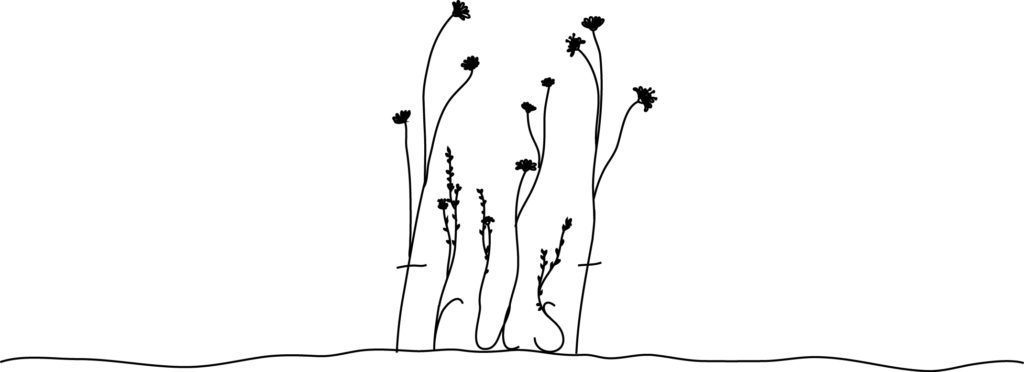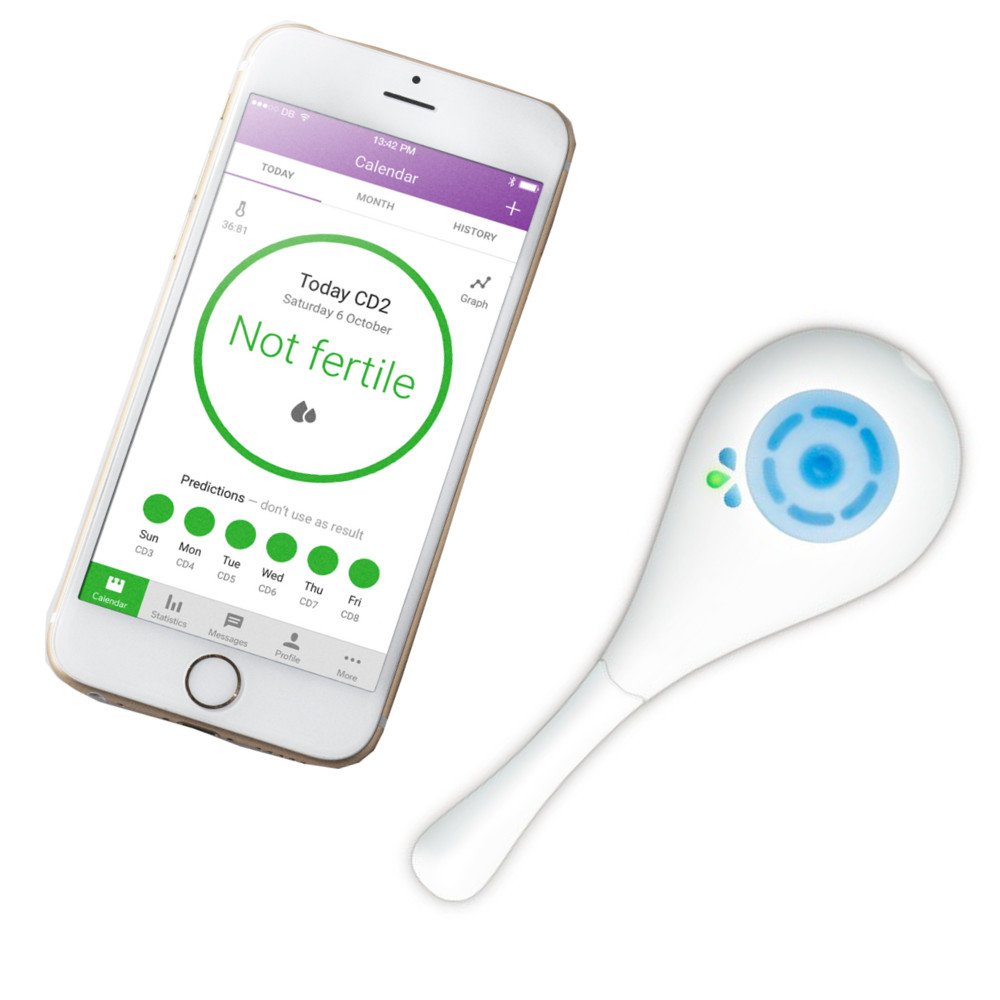
Fitbit (the popular wearable technology company that allows users to track metrics such as activity, exercise, sleep, weight and more), has finally released their long awaited ‘Female Health Tracking’ feature this week. (And if you weren’t aware of this, well I don’t blame you for living under a rock – things are probably nice and peaceful under there).
However, the Interwebs have been abuzz with hype – from Coachmag, TechCrunch and VentureBeat, to Lifehacker, YourStory and Gizmodo. Basically, the new technology allows users to input data on the dates and details of their menstrual bleeding, along with basic cervical fluid observations. Fitbit then uses this information to predict the dates of your upcoming fertile window and your next period.
Wow. Sounds useful, huh?
To a point, yes. But I’ll argue that these sorts of predictions don’t really tell you a lot about your body with any certainty, and can actually cause more harm than good when users aren’t fully educated about the intricacies of the menstrual cycle.
In fact, this blog might have been more aptly titled ‘Why You Should Never Trust Period App Predictions Full Stop!’

First things first. You can’t predict future cycles based on past cycles. Sure, you might see some pretty consistent patterns if you happen to be tracking aspects of your menstrual cycles such as:
- calendar dates
- colour, amount and consistency of menses (period blood)
- basal body temperatures
- cervical fluid observations
- cervix height, openness and softness, and
- lubricative vaginal sensations
However, there are many factors that can temporarily impact your menstrual cycle. These include diet, exercise, travel, stress, illness and more – and it’s not realistic to expect that Fitbit will be able to account for these temporary lifestyle factors when predicting your next fertile window or menstruation. For example, a stressful life event could cause you to ovulate far later than usual, or certain supplements and dietary changes could even cause you to ovulate much earlier than usual.

Secondly, (and this point is slightly less relevant for users who will be inputting cervical fluid observations): Just because you’re inputting the start and end dates of each period, doesn’t mean an App can accurately predict your fertile window. Why exactly is this? Well, it boils down to the fact that most apps will assume you are ovulating approximately 14 days prior to the first day of your period. This 14 day timeframe is known as the luteal phase and is marked by a rise in Progesterone levels released by the Corpus Luteum after you have ovulated.
The problem with the assumption of a 14 day luteal phase is this: not everyone has a healthy luteal phase. You could have a textbook 28 day menstrual cycle, and an App would predict ovulation around Cycle Day 14. However, in reality you could be experiencing delayed ovulation followed by a short 7 day luteal phase. This would be easier to spot if you were tracking cervical fluid and basal body temperature, but for those users inputting dates only, Fitbit (or any app for that matter) is very unlikely to correctly predict your fertile window in this instance.
The above scenarios can all cause issues for people who rely on app predictions when trying to avoid an unplanned pregnancy or when trying to conceive a child. And the word ‘issues’ is really an understatement here when you consider the stress and stigma associated with an unplanned pregnancy, and the heartbreak associated with struggling to conceive a child.

The good news is that using a method of Fertility Awareness completely eliminates the need for predictions of any sort. Why? Because every single day, you ask yourself the question ‘Am I fertile TODAY?’ Depending on the method of Fertility Awareness that you use, your answer will be based on a combination of cervical mucus observations, basal body temperature readings, hormone level tests and more. What your answer won’t be based on is app predictions generated from previous cycle dates.
So in short, Fitbit’s Female Health Tracking feature looks like it will offer you a nice way to record some basic observations about your menstrual cycle, but if you’re serious about trying to conceive (or avoiding a pregnancy), you won’t be wanting to implicitly trust their predictions. (Or the predictions of any other period tracker app).

In fact, you’re better advised to invest your hard earned dollars in securing the services of a qualified Fertility Awareness Educator (find one here!) to teach you how to interpret your own biomarkers of fertility. You can then use this information to either avoid or achieve pregnancy (and that’s a whole other story altogether).
I’d love to hear whether you’ve taken a look at the new Fitbit Female Health Tracking feature – please share your thoughts below!




